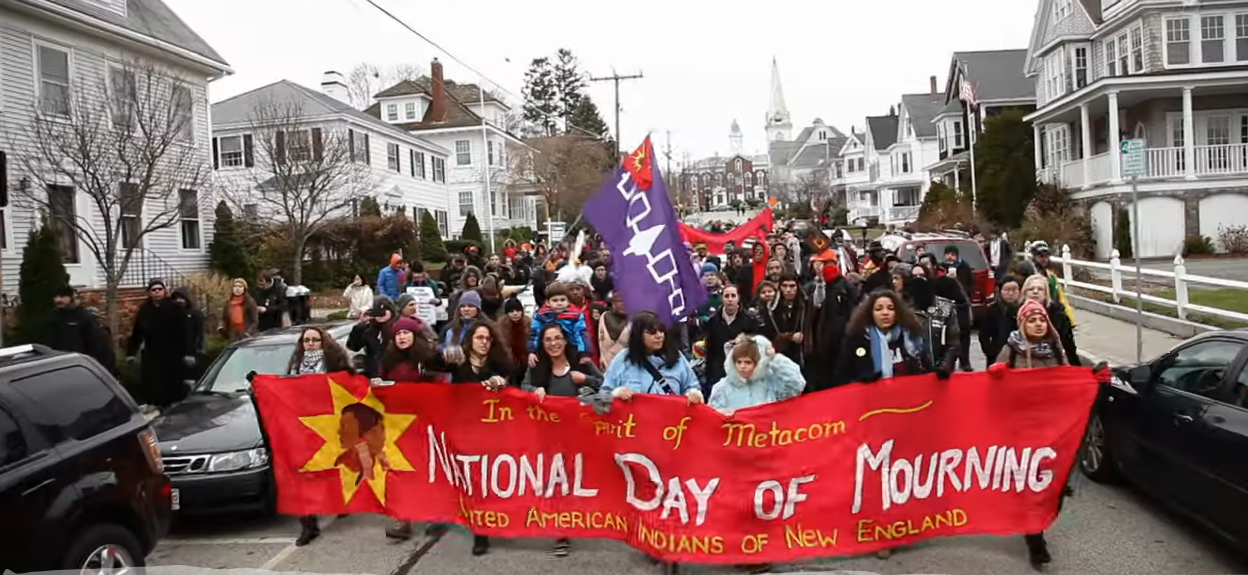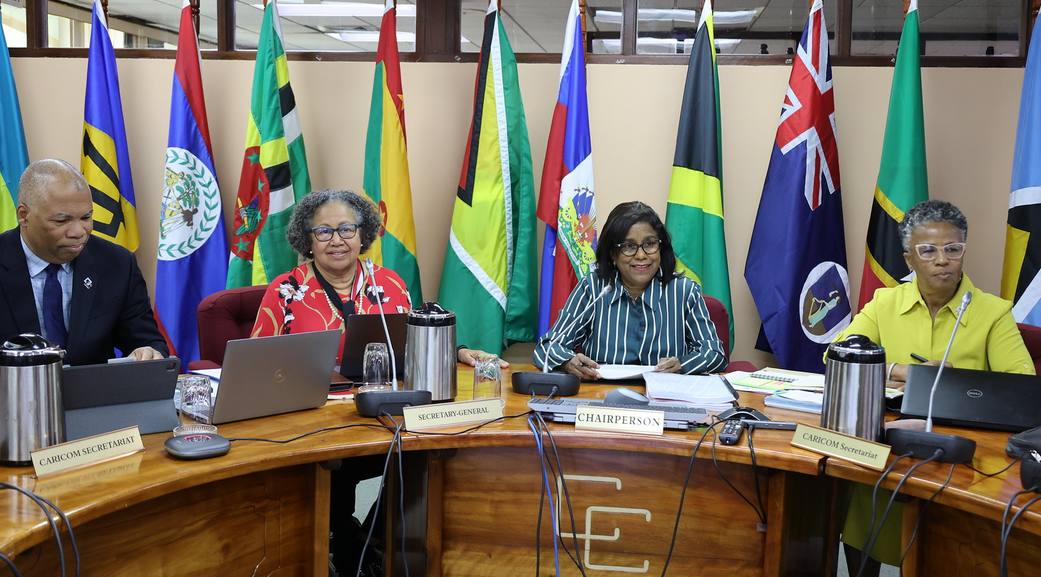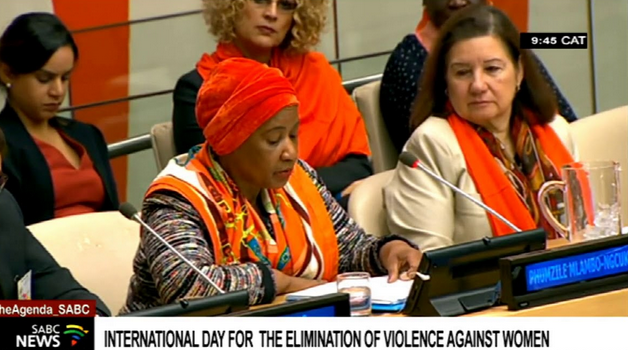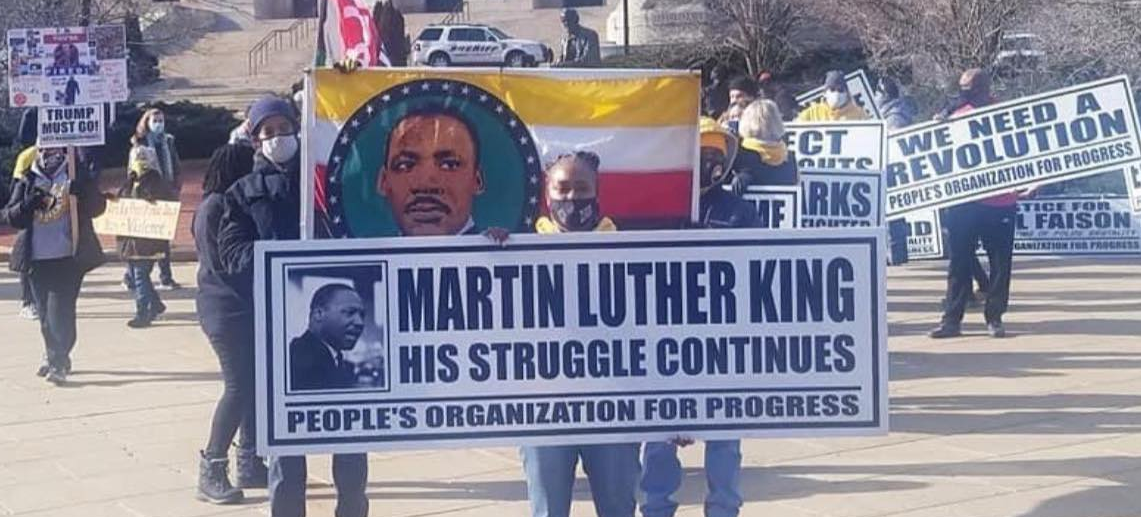Ugandan Foreign Minister Sam Kutesa, left, the U.N. General Assembly’s president-elect, with U.N. Secretary-General Ban Ki-moon at U.N. headquarters in New York.Eskinder Debebe / UN Photo
Sam Kutesa’s election as the president of General Assembly could destabilize already volatile eastern Africa
The leadership of the United Nations General Assembly (UNGA), sometimes dubbed a parliament of nations, rotates among five world regions. This year it’s Africa’s turn. Unless Washington acts fast, on June 11, Uganda’s Foreign Minister Sam Kutesa will take over the presidency from John W. Ashe of Antigua and Barbuda — an ascent by a hopelessly tainted leader that could seriously jeopardize the prospects for peace in eastern Africa.
A group of Ugandan-Americans has launched a petition urging U.S. Secretary of State John Kerry to revoke Kutesa’s visa, thus preventing him from taking up his post. The petition now has 9,000 supporters, including New York Sens. Kirsten Gillibrand and Chuck Schumer and Rep. Charles Rangel. The Guardian, MSNBC and numerous blogs have covered the story. So far, most of the criticism has focused on Kutesa’s sympathy for those who abhor gay people and his support for Uganda’s harsh anti-homosexuality bill, signed into law by President Yoweri Museveni in March. Less emphasized is Kutesa’s involvement in some of Uganda’s most outrageous corruption scandals and the fact that the regime he represents is partly responsible for much of the carnage that has been ravaging eastern Africa for the past 30 years.
It would not be the first time the U.S. has considered revoking a foreign diplomat’s visa. In 2011 in the wake of revelations that some $100 million intended for the 2007 Commonwealth Heads of Government Meeting, held in the Ugandan capital, Kampala, had been misappropriated by high-level government officials, the U.S., the United Kingdom and other Western nations considered barring entry by those officials. According to cables made public by WikiLeaks, Kutesa was foremost among those officials. According to Uganda’s Anti-Corruption Coalition, the embezzled money could have been used to bring clean water to 800,000 Ugandan households, fill Kampala’s roughly 2,400 potholes or pay the nation’s teachers, who haven’t received their salaries — a paltry $100 a month — since February.
For more please see Al Jazeera America









